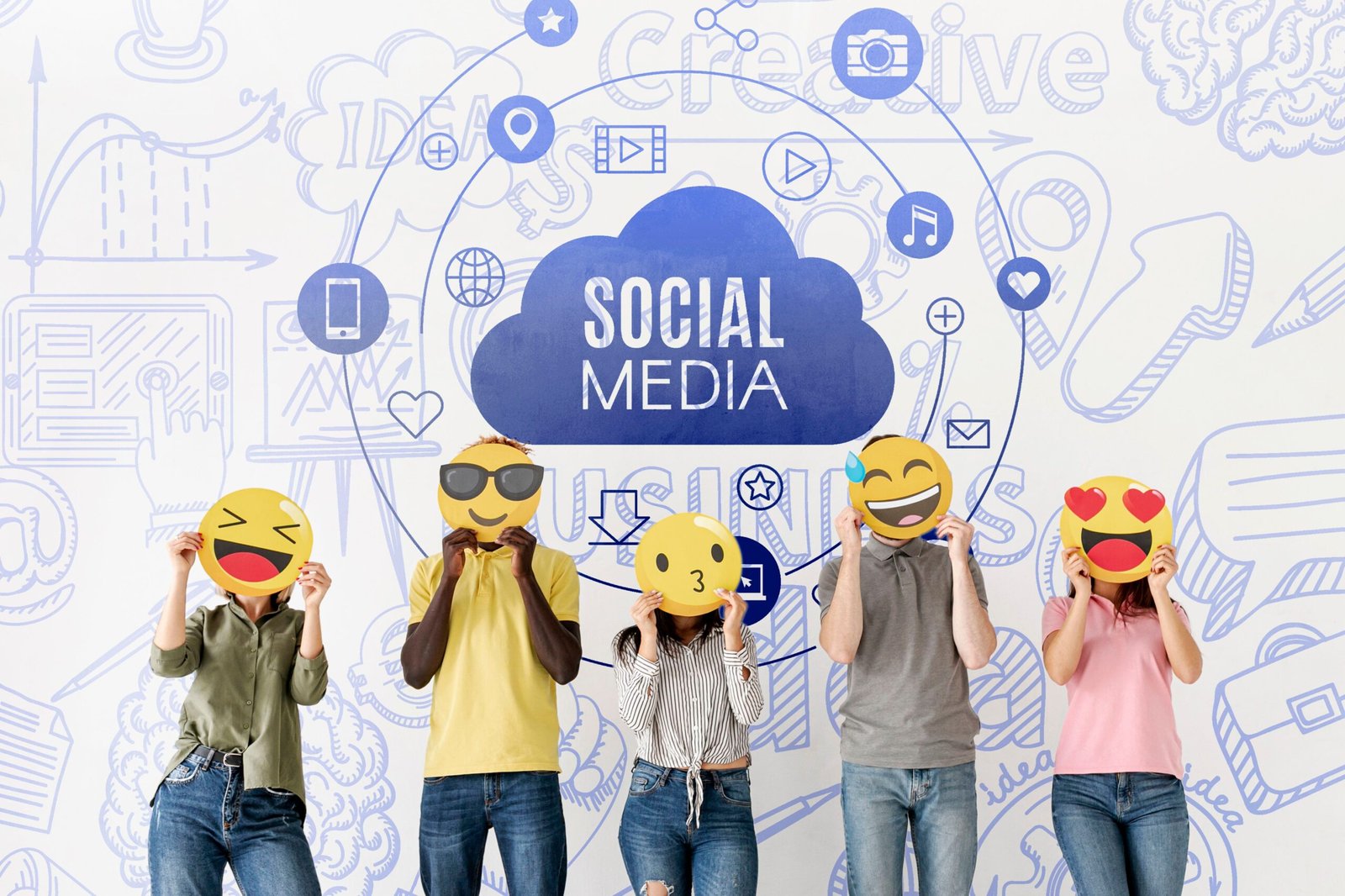Thanks to the rapid development of modern technology, social networks have become a more multifaceted and realistic world than ever.
Learning how to control emotions on social networks is a lesson that is never redundant.
The Digital Civility Index (DCI) survey conducted by Microsoft, published in early February 2020, said that Vietnam is in the group of 5 countries with the least civilized behavior in the online environment.
Although this survey is only relative, not convincing and lacks representativeness (because it was only conducted on 500 Vietnamese people), it is also a reminder worth pondering about the issue of controlling emotions online.

Results of Vietnam’s Digital Civility Index (DCI) survey in 2020. Photo: Vietnamese Technology
Why do many people lose control of their emotions on social networks?
Misunderstanding each other’s messages
Unlike direct conversation with body language, when communicating indirectly on social networks, we can easily misunderstand the other person’s message.
Anonymity on social networks

Anonymity makes many people more comfortable expressing their opinions on social networks.
Nowadays, on forums and social networks, any big or small topic can spark endless `keyboard wars`.
However, many people take advantage of that to criticize and criticize others with uncivilized words.
Satisfy your aggressiveness
In many current issues, when encountering opposing opinions that go against personal views, some people make subjective analyzes and comments and then criticize others.

Many netizens lost control of their emotions on social networks because of the Covid-19 epidemic.
In fact, paying attention to current times and proactively expressing political opinions is necessary.
How to control emotions on social networks?
When you create and spread positive messages, you are contributing to building a civilized online environment.
To preserve our personal image and contribute to building a healthy online environment, it’s time for us to seriously reflect and make changes.
Besides, you should try to `detox` from social networks and mobile phones.
If you must use social networks in work and life, you should think carefully before posting or commenting or evaluating someone.
Below are 4 challenges from Microsoft to encourage users to use social networks more safely and healthily:
Act kindly, empathetically, and compassionately in all online interactions.
Respect differences and diversity in opinions and ways of thinking.
Before responding to articles with contrary views, we should stop and think a bit.
Protect yourself and those around you by supporting victims of online abuse or victimization, reporting threatening behavior, and preserving evidence of inappropriate or unsafe behavior


